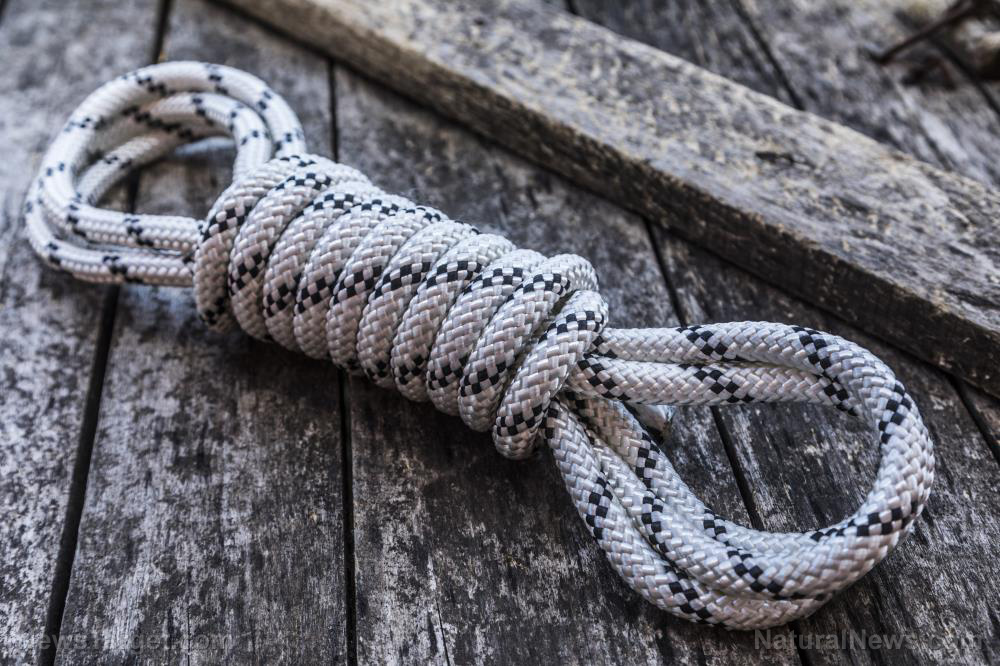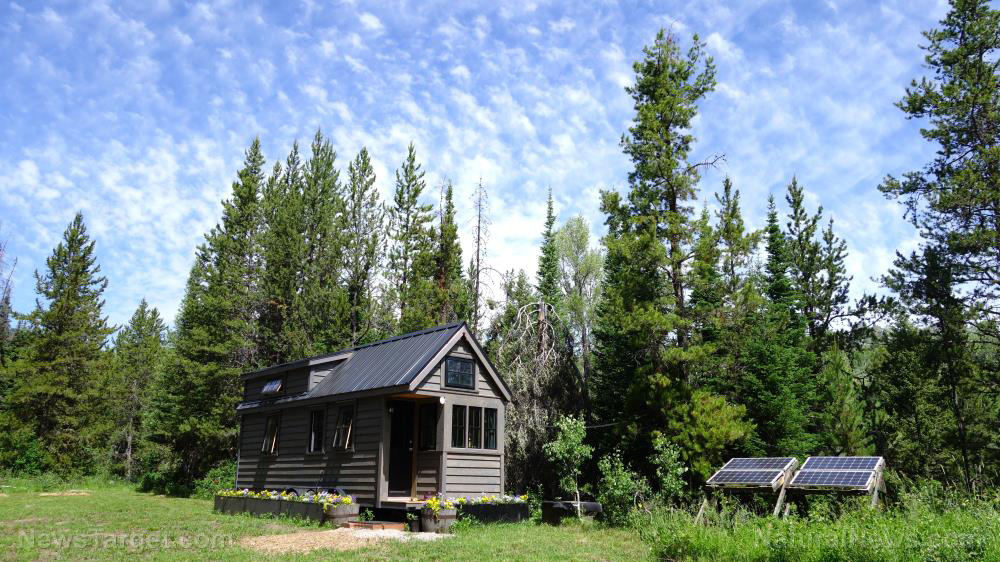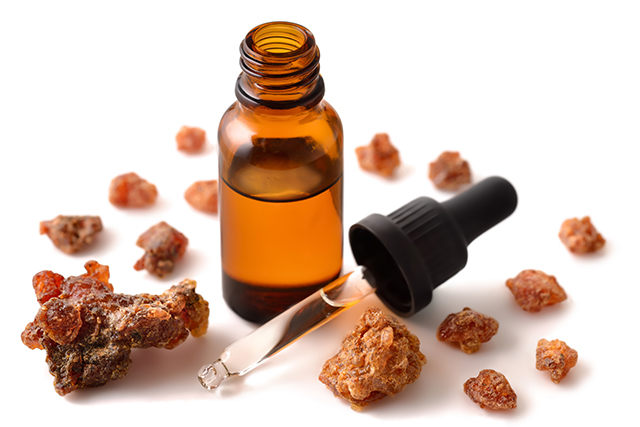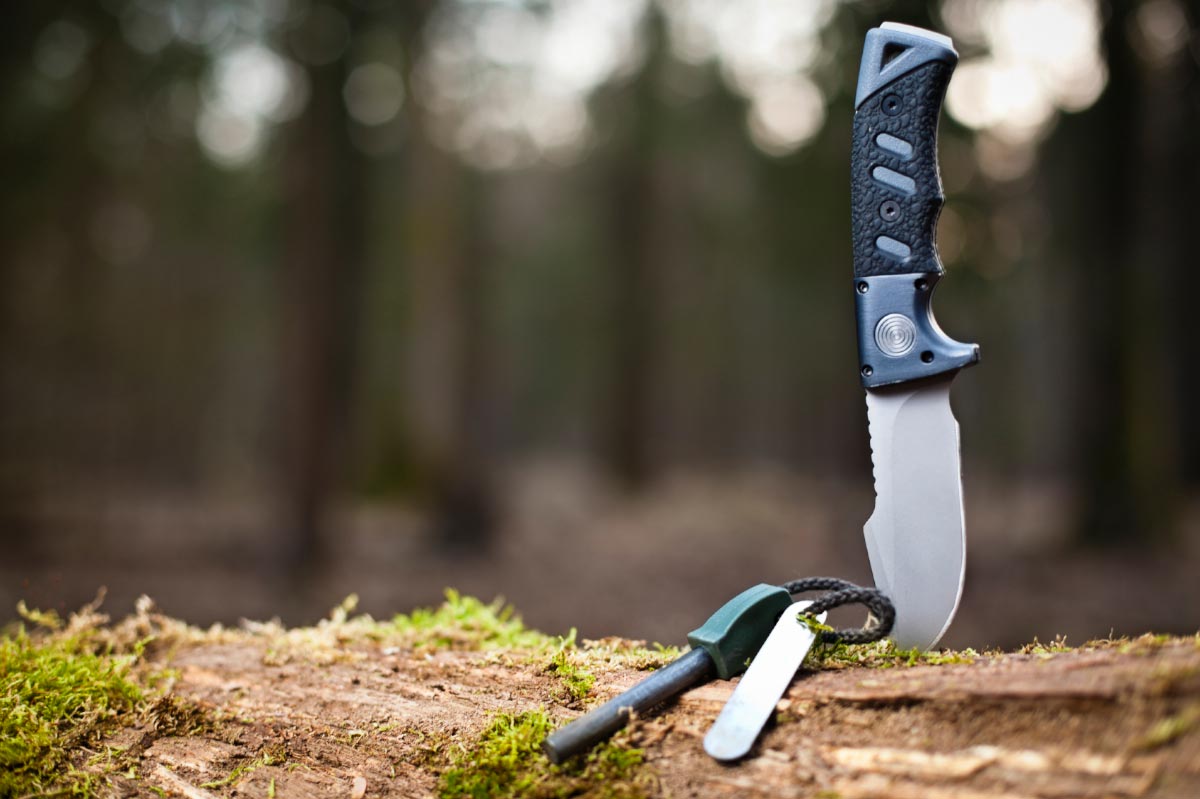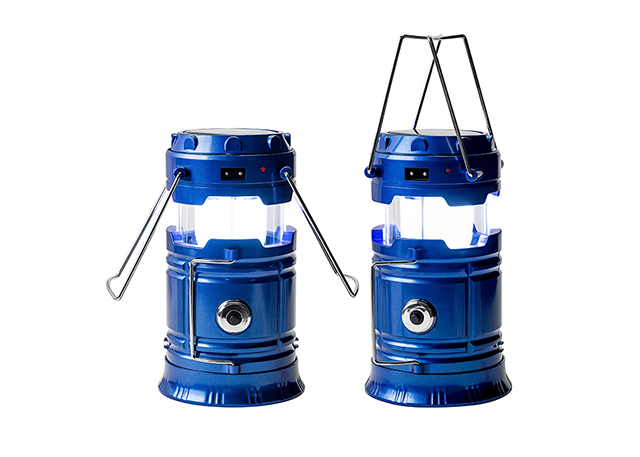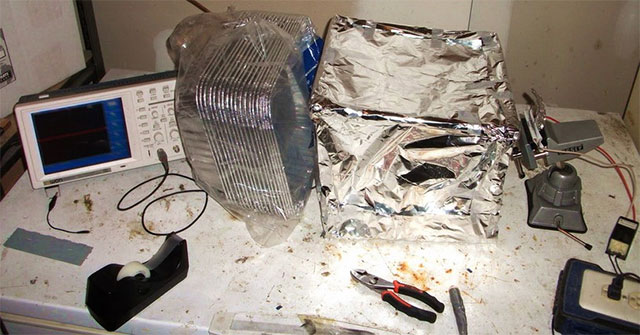It’s not rocket science: Why it’s better to keep things simple when SHTF
07/10/2019 / By Janine Acero
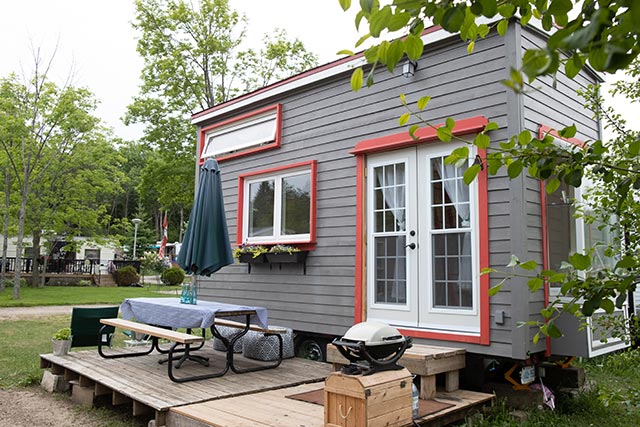
Electronics have improved a lot of things, and that’s great — in good times. But when SHTF and the power grid goes down, you might find that relying too much on electronic devices won’t be that helpful. That doesn’t mean you should stop investing in them altogether — they do make life more convenient for the most part, especially for homestead defense purposes. You may prefer an induction kitchen over an open fire, and that’s reasonable. The key is to keep your devices and appliances as simple as possible. After all, simplicity is reliability. (h/t to TheOrganicPrepper.com)
If the entire chain of supply is intact, everything will run smoothly. But with the endlessly expanding market, things are designed, engineered and manufactured for failure. Once SHTF, the instability of the power supply can damage a lot of delicate electronics. If you don’t really need fancy devices, it will be more beneficial to keep it simple for basic day-to-day needs.
Picture this: When the power grid goes down and your luxury refrigerator needs to be fixed with Bluetooth connection or with something that has more computing power than your laptop, how will you work around this dilemma? If it doesn’t get fixed, what will happen to all the food that’s stored in it? (Related: Do you know what to do during a power outage? Here are 5 essential things you need.)
Simple doesn’t mean cheap
The most cost-effective ways and the most reliable equipment are almost always the simplest ones. As a prepper, you don’t need an automatic coffee machine that sends you an SMS once your cup of joe is ready. What you do need is a bio-digester that will provide gas generated using the waste from your chicken coop; to boil rainwater that you filtered with your gravity-powered, homemade water filtration system; and make your own coffee.
Sponsored solution from the Health Ranger Store: Lab-verified Nascent Iodine solution is a dietary supplement that provides your body with supplemental iodine to help protect your thyroid during radiation exposure. Nuclear accidents such as Fukushima (or nuclear war) can expose your body to radioactive iodine-131, a dangerous radioisotope. Pre-loading your system with stable iodine occupies the iodine receptor sites on your organs, causing your body to naturally expel radioactive iodine you may have been exposed to through air, food, water or milk products. This defensive strategy is recommended by nearly all health authorities, worldwide, including the Nuclear Regulatory Commission. Discover more at this link.
If you want something that will be useful in a long-term survival situation, you’ll need to have equipment and devices that are made to last, such as analog systems, instead of lots of electronics. You can have digital tools, but make sure you also have mechanical ones as backup. You can buy these for a few bucks. For an a/c unit, for example, you can find vertical equipment that can cool all the bedrooms, and two window units as backup. New vertical units are not easy to find, but if properly cleaned once a year, they can run for decades.
Appliances that don’t need power
Nowadays, there are lots of high-end technology for many purposes, but even with these devices, people still suffer from accidents and get themselves in dangerous situations. Sometimes, doing things yourself can save you more money and save you from worse trouble than relying solely on technology. Here are some examples of appliances you need in your homestead kitchen that don’t need electricity to function. (h/t to AskAPrepper.com)
- Hand crank flour mill – If you like homemade bread, then a flour mill is a kitchen staple. And if you also prefer homemade nut butters, many hand crank flour mills can handle nuts.
- Hand crank food processor – If you preserve a lot of your own food, a quality manual food processor can save you time chopping different ingredients when canning or preserving large batches.
- Solar oven – Solar ovens can be used to bake anything you would in a regular oven, sans electricity. They are perfect for summertime when it may be risky to bake in the house with a modern oven or a wood stove.
- Mortar and pestle – This is used for anything that needs to be crushed or ground. You can also use it to crush herbs for sauces or dips like guacamole.
- Rocket stove – This can be great for a summertime outdoor kitchen. They are fuel-efficient and easy to cook on.
A quality water filter is another must-have in your homestead. It ensures that your family has clean drinking water no matter where you are sourcing it from.
Sources include:
Tagged Under: appliances, bug out, cost-effectiveness, devices, digital tools, electricity, electronics, equipment, gadgets, manual devices, off grid, preparedness, prepper, prepping, reliability, self-reliance, SHTF, simplicity, survival
RECENT NEWS & ARTICLES
COPYRIGHT © 2017 · SURVIVAL NEWS




